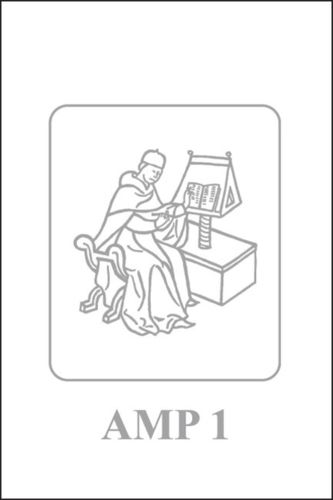Readings Newsletter
Become a Readings Member to make your shopping experience even easier.
Sign in or sign up for free!
You’re not far away from qualifying for FREE standard shipping within Australia
You’ve qualified for FREE standard shipping within Australia
The cart is loading…






This book examines the important but largely neglected issue of the interrelation between Platonism and Stoicism in Ancient Philosophy. Several renowned specialists in the fields of Stoic and Platonic analyse the intricate mutual influences between Stoic and Platonic philosophers in the Hellenistic period, the Imperial Age, and after. Although it has been repeatedly claimed that the phenomenon addressed in this book could best be labelled eclecticism, it emerges from the various articles collected here that the situation is much more complicated. Far from being eclectics, most Stoics and Platonists consciously appropriated their material in order to integrate it into their own philosophical system. The dialogue between Platonists and Stoics testifies to active debate and controversy on central topics such as psychology, epistemology, physics, and ethics. This book will deepen our understanding of the dialogue between different philosophical schools in Antiquity. The results presented here teach one clear lesson: Platonism and Stoicism were by no means monolithic blocks, but were continuously moulded by mutual influence and interaction.
$9.00 standard shipping within Australia
FREE standard shipping within Australia for orders over $100.00
Express & International shipping calculated at checkout
This book examines the important but largely neglected issue of the interrelation between Platonism and Stoicism in Ancient Philosophy. Several renowned specialists in the fields of Stoic and Platonic analyse the intricate mutual influences between Stoic and Platonic philosophers in the Hellenistic period, the Imperial Age, and after. Although it has been repeatedly claimed that the phenomenon addressed in this book could best be labelled eclecticism, it emerges from the various articles collected here that the situation is much more complicated. Far from being eclectics, most Stoics and Platonists consciously appropriated their material in order to integrate it into their own philosophical system. The dialogue between Platonists and Stoics testifies to active debate and controversy on central topics such as psychology, epistemology, physics, and ethics. This book will deepen our understanding of the dialogue between different philosophical schools in Antiquity. The results presented here teach one clear lesson: Platonism and Stoicism were by no means monolithic blocks, but were continuously moulded by mutual influence and interaction.